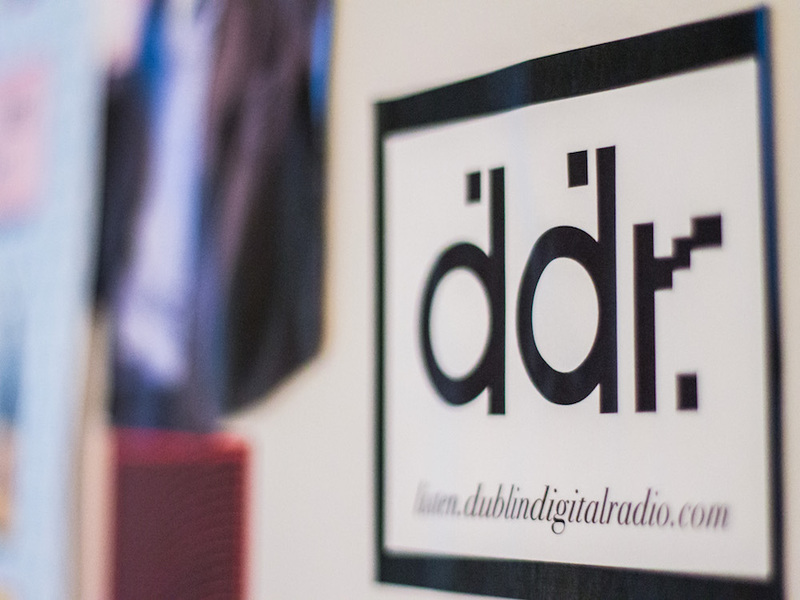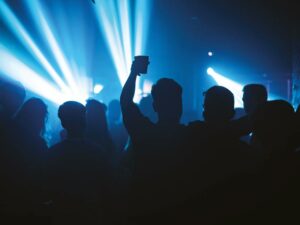
Many music fans have missed live music in the last year and aren’t satisfied by the impersonal nature of streaming platforms. Online radio, however, is delivering a different source of music discovery and community. In Ireland, Dublin Digital Radio is connecting experimental artists with new audiences. Run solely by volunteers, the station has over 175 contributors presenting shows focused on music, politics, and art. Even without any commercial or state funding, the station runs for 24 hours a day, seven days per week.
Dublin Digital Radio started in 2016 after a visit to the Cork experimental music festival Open Ear. The co-founder Brian McNamara was blown away by what was going on in the community and the sheer amount of quality.
It initially operated out of a tiny office at the offices of since-closed publication Rabble. Running on weekends only to begin with, it quickly expanded its audience and grew rapidly. It grew to the point where they were able to host parties and host resident DJs. Almost like a record shop, it soon became a hub for the local community.
One of its most impressive achievements is the wide-ranging cross-section of different independent genres it supports. These days it’s a veritable who’s who of Irish artists pushing the boundaries within their respective areas. Their support for underground experimentalism definitely isn’t mirrored within the mainstream Irish arts scene, which prefers to support more traditional forms of homegrown music.
The lack of support for underground music in mainstream Irish media is evident in public arts funding decisions. The funding that has been awarded is never really enough. This has led to many artists moving abroad to work within a more supportive environment.
DDR serves to remind Irish musicians that they are appreciated.
Alternating Current was a festival that was organised to demonstrate this and inspire others to participate. It hopes to encourage artists to stay in Ireland rather than leaving for places like London or Berlin.
DDR has also provided its residents and the wider community with a physical presence before and throughout the COVID-19 pandemic. It has given artists the chance to carry on performing for an audience in a time when traditional gigs have been non existent.
Live-streamed DJ sets and live performances have become a common phenomenon of the pandemic
Resident spots on the radio have still been popular amongst the artists and audiences alike. Artists like HUSH have taken the opportunity to explore darker elements of percussive club music. These shows often have a guest DJ.
Another artist Doubt has progressed from just submitting pre-recorded mixes to streaming live shows from his home. Through doing this he is able to get feedback from people within the chatroom forum.
The station has gone from strength to strength over the last year and increased the audience by almost 400%. With a lot of people having more free time or working from home, they have been able to attract a lot more daytime listeners.
The future looks good for the station. As DDR grows so do the relationships with communities both in Ireland and abroad. Some of the DJs have also been able to play on other stations in countries such as Turkey, France or Palestine.
DDR’s organisational structure works without commercial or public funding. Funded by its Patreon members and the ticket sales of club-nights and events. Whilst the lack of greater funding will always prove tough, DDR benefits from being fully independent. This allows the station to push boundaries.
Since DDR don´t have have sponsors they are free to throw their weight behind issues like abortion access, asylum seekers’ rights, and LGBTQ+ equality without fear of losing them.
The station has worked with people with intellectual disabilities who traditionally find it hard to work in a medium such as radio. DDR started a show for people with intellectual disabilities as presenters to do shows that represent their lives. This is something that would be very unlikely to be found on mainstream Irish media.

